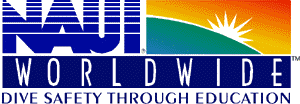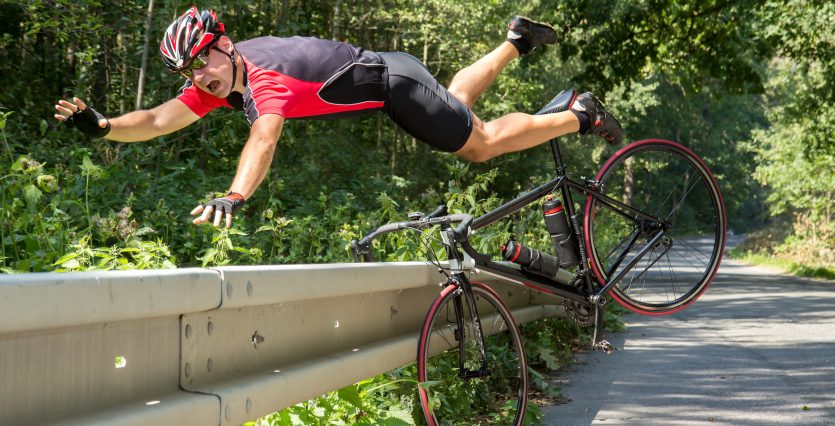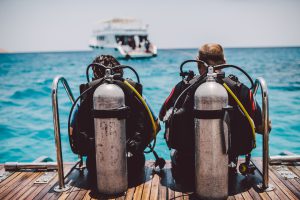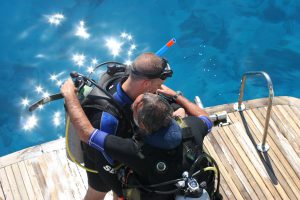“Brake with your left hand.” If you are a cyclist, at least in the United States, that statement probably sounds like an invitation to disaster. However, as usual, it pays to listen with an open mind.
Recently I was on a guided bike ride in Vietnam. The group was composed entirely of folks from the United States, all of whom had at least some experience with cycling.
During the orientation to the ride, the guide told us “it is best to brake with your left hand.”
Not surprisingly, that comment drew a strong response from some members of the group. One person commented “if you brake with your left hand you are going to lock up the front wheel and do an Endo.” It is also worth noting the guide had already been with us for 2 days and his advice had been consistently reliable.
Observing the response from the group, the guide observed that sometimes the bikes are set up differently, and suggested we check each bike. Sure enough, every bike was set up so the left hand brake controlled the rear wheel. “Brake with your left hand” was the correct advice and technique. So how does this apply to scuba leadership and instruction?
For the diver
An obvious lesson for all divers is the value of pre-dive gear checks. Even though we all know the importance of being familiar with your gear and ensuring it functions properly, it is easy to get complacent.
A less obvious lesson is “Always listen to the briefing with an open mind.”
As you gain experience it is easy to start thinking some version of “I know this stuff so there is no need to listen. I am better off just getting ready to dive.” Another version of this thought pattern is “I am an experienced diver and I know better than the guide.” This type of thinking can really kick in when the guide or leader says something you are sure is wrong. Hopefully in this situation you will at least question the guide rather than just assuming you are correct and the guide is wrong. Simply forging ahead without checking the accuracy of the information can result in the aforementioned “endo.” Also, if the guide is wrong, you might question how much to trust future advice or information and make sure to pay extra attention during briefings and, when there is any doubt, ask questions.
For the Instructor or Leader
First, our guide never got upset or took it personally. Instead he allowed the protests might have some merit and suggested an easy way to check. In the process he made sure every rider was aware of how his or her bike was set up. He also made sure to check each bike, consistent with his earlier comment that sometimes the bikes are set up differently.
Another vital concept is make sure, when you are working with a group of divers you don’t know, you cover the basics as part of the briefing. My approach is to explain I don’t want to talk down to or patronize anyone. I do want to make sure we are all in agreement about the basics. Areas where this can frequently come into play are signals, gas management, diver separation plan and buddy team etiquette.
Perhaps even more important is the issue of trust. As dive leaders it is vital we establish a trusting relationship with our divers. Ideally our divers trust us and the information we provide. Whenever possible we should encourage them to double check that information. Checking the brakes on our bikes being an excellent parable. At a minimum our divers should trust they can ask questions without fear of being embarrassed by our response or reaction. Asking questions provides the divers with another option to double check us. In our case we had been with the guide for several days and I believed he had earned the benefit of the doubt. In those situation in which this is the first time you are meeting the group, keep in mind the impact and value of the “First Impression.”
Present yourself in a professional manner and do everything possible to immediately establish a “Trusting Relationship.”
My final takeaway from this incident is primarily for instructors teaching at the entry level of scuba. Per the standards at the time of certification the students must have demonstrated confidence and competence in the fundamental skills of scuba. They must also have demonstrated an acceptable command of the academics and theory of scuba. Essentially, when you issue a certification card you are certifying the diver is competent to engage in unsupervised open water dives so long as the environment, conditions and activities approximate those of the diver’s training.
Another way to say this is the new diver should have the skills and knowledge to go someplace new and learn how “the locals dive”. Any diver new to an area should be prepared to summarize her or his knowledge and ask what else do I need to know to dive in this area or environment?
Teaching in Monterey California, I have often heard instructors tell students “If you can dive in California you can dive anywhere.”
I believe at best this is a disservice to the new diver and at worst creates a safety issue. Even if the diver avoids the scuba version of an “endo”, it is very possible the dives will be less enjoyable then they would have been if the diver was equipped with knowledge about the environment and any techniques specific to the area.
On a personal note, I am seriously considering switching the brakes on my road bike. It took me a few minutes to adjust to braking with the left hand. Once I made the adjustment, I realized there were some benefits. For instance I was now free to use my right hand when reaching for my water bottle or wavering back to folks waving at me. Since I am “right handed” this felt very convenient. I do realize there are other considerations such as signaling. Nevertheless, it does show that listening with an open mind allows even “old divers” to consider new ways of thinking and maybe even learn some new tricks.
As dive leaders it is our responsibility to maintain an open mind and continue to learn. It is also our responsibility to ensure our briefings and orientations include all necessary information. Make sure your divers know when to “Brake with the Left Hand.”





